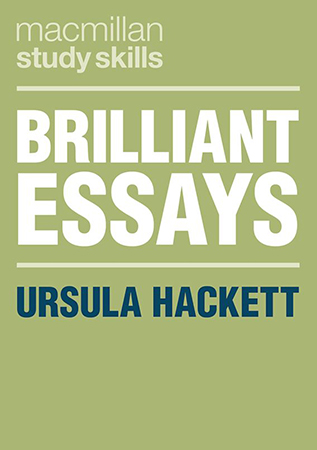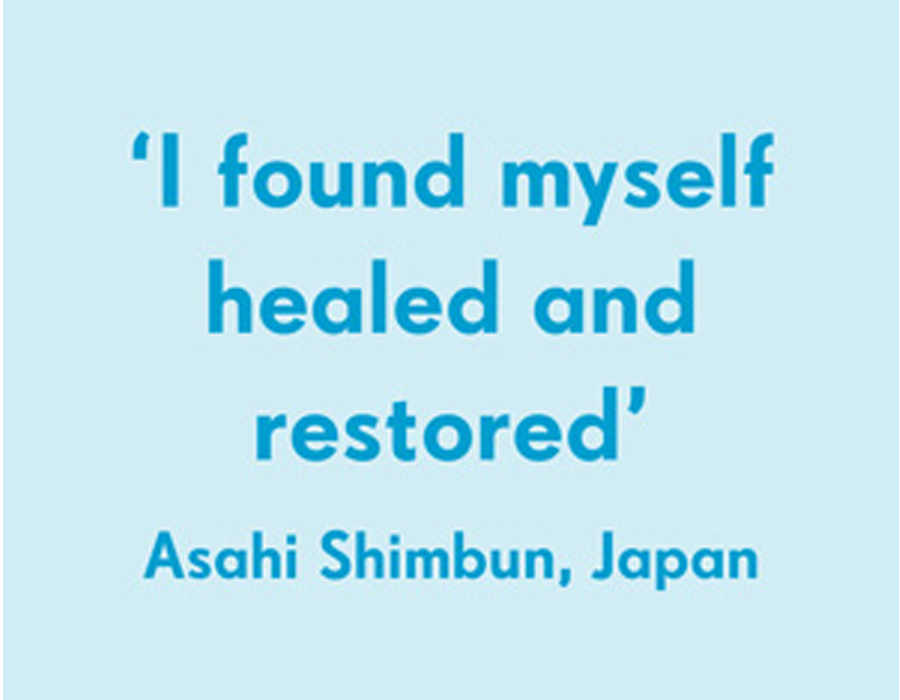Unlock Your Students’ Potential: Set Brilliant Essay Questions
heading5
heading6
Ursula Hackett, author of Brilliant Essays, offers tips and tricks on how to set essay questions that inspire your students.
Essay questions should make students think, giving high fliers a chance to write something original and interesting. Questions should require analysis, not mere description. They should be as succinct as possible, but not so specific that they merely require students to regurgitate lecture material. University questions should be challenging, allowing a range of students to access the material. In particular, you don’t want to cater to the less-able students at the expense of boring the stronger ones.
Avoid close-ended questions
I hate questions that are too narrowly tied to remembering what has been said in lectures. You will receive boring and similar responses. It is much better to offer a question that isn’t directly addressed, but which could be addressed with the material they’ve read. Something that makes them actually think and gives students a chance to put their own stamp on an answer.
Overly-specific and close-ended questions, such as these, are better suited to classroom quizzes:
• From 1998 to 2016, which industry spent the most on lobbying the federal government?
• What proportion of Roman emperors were assassinated?
• What is Daniel Dennett’s position on animal consciousness?
Simply recalling facts is a low-level skill. There is no need to give descriptive questions for essay tasks. Students will still recall and reference key facts in more open-ended and analytical essays, but their answers will be far more interesting. Consider:
• When do interest groups subvert or damage democratic government?
• Why were so many Roman emperors assassinated?
• How do animals think?


















